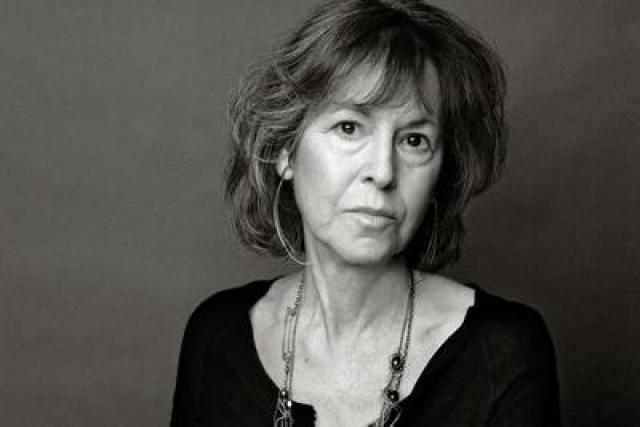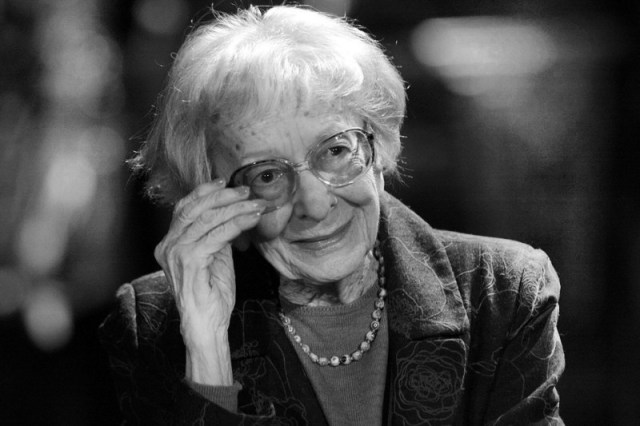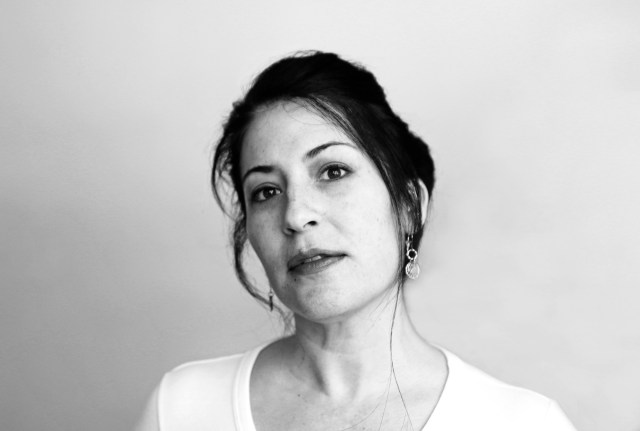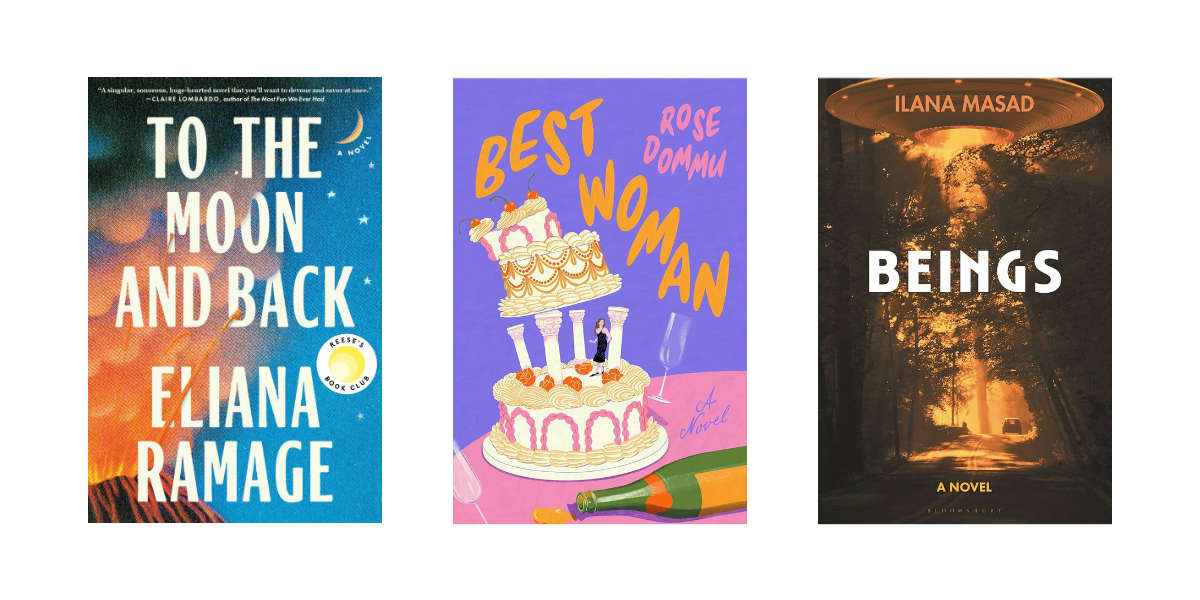I know right now everything seems to be completely overwhelming, chaotic, lost, and up in the air. You, in turn, are probably feeling helpless and disoriented, not sure what is real or how to react to what you hear every day. The news cycle alternating between doom and gloom.
Since the onset of Coronavirus, I’ve been worried. For myself and for others that don’t have the means to handle a sudden sickness well, and let’s be honest, everyone who is handling it well seems to be massively rich celebrities and billionaires who can afford to get tested at a moment’s notice. It’s hard to conceive of what we can do during these times. Spending time in isolation is lonely, heading out despite the warnings puts others at risk. We feel inclined to spend all day scrolling on our phones, but staying obsessively caught up with what’s going on is unhealthy. The only things that seems to be certain are our fear and the fact that, after this moment, things will be forever changed.
Despite all of this, there are places for solace in such uncertainty. One place that I have found comfort before and continue to find it now is in poetry, the words of others who have experienced and seen unspeakable things and come out on the other side. I read the following poems when things are getting bleak for me; they are either inspiring or just downright beautiful. I hope you can find some comfort in them, too.

The Wild Iris — Louise Glück
“At the end of my suffering
there was a door.”
begins this powerful and resonate poem. Louise Glück is a poet who’s sharp lines and introspection can teach any novice writer a thing or two about craft. This poem is a persona poem, written from the voice of the named flower, but through excellent metaphor, Glück is able to make its message applicable to any living being. She is one of my favorite poets because she’s able to relay the harshness of reality in such measured and stunning lines, in a language that is both blunt but flowering. The poem goes on to add that:
You who do not remember
passage from the other world
I tell you I could speak again: whatever
returns from oblivion returns
to find a voice:
Things come to an end so new beginnings can arise, our suffering is not fruitless. Not just suffering, but the things that challenge us, whether that be a global pandemic or personal troubles. Glück is one of my favorite poets because of the way she questions or sheds light on some of the more complicated facets of our humanity. The iris’ chief message is that we can come back from being decimated, and will often return to a much brighter future.
Try to Praise the Mutilated World — Adam Zagajewski
I often see this poem floating around Facebook after what some would consider a national tragedy. It is a mainstay because it is so powerful. The premise itself is simple, to praise the mutilated world means to try and find beauty in a time and place where there is loss and grief. To look at the things around you that can still bring joy and a feeling of togetherness when it feels like the world is falling apart. This poem gets chosen a lot because it revels in those small moments of joy, like a concert or tasting strawberries.
You should praise the mutilated world.
Remember the moments when we were together
in a white room and the curtain fluttered.
Return in thought to the concert where music flared.
You gathered acorns in the park in autumn
and leaves eddied over the earth’s scars.
I wouldn’t say that to despair is easy, to go out shopping and panic buy isn’t “easy” — its a natural reaction to an unprecedented situation (at least for Americans). People are scared and rightfully so. What helps, I think, is knowing there is something on the other side of fear. The hard thing is reaching for that other side without knowing exactly what we will pull toward us. Zagajewski comes from a generation of protest poets, poets that saw atrocities and decided they had not only to bear witness, but also act. It’s why people turn to poets like him when we’re shocked and at a loss for words and actions.
Diving Into the Wreck — Adrienne Rich
This may not be the first Rich poem that comes to mind for a topic like this but it’s one of my favorites. She is another poet whose activism is well known along with her creative work. In Sister Outsider, there is a great interview between Rich and Audre Lorde about their relationships to poetry that is worth a read. “Diving into the Wreck” is a poem about exploration and what we can find emerging from destruction.
I came to explore the wreck.
The words are purposes.
The words are maps.
I came to see the damage that was done
and the treasures that prevail.
I stroke the beam of my lamp
slowly along the flank
of something more permanent
than fish or weed
It takes the reader outside of themselves and into the world of the strange, elaborate creatures, mystery, and truth, not a myth. I come to this poem when I am feeling lust for breadth, to be encapsulated by water and sound. It is a long, deep slip into another universe and sometimes we need a little escapism.
Presence — Nikola Madzirov
One of the images from this poem that sticks with me comes in the beginning lines:
Put on the space suit of the night
and slice the apple in two
without damaging the seeds
The image of a deft hand slicing an apple without doing damage to the seeds conjures a kind of artful precision that carries throughout the poem. Madzirov is a Macedonian poet who I got the chance to meet my sophomore year of college and discuss the importance of art in times of trouble. This poem, for me, is a constant refrain and source of inspiration that I pull on when I find myself being pulled into a depression. I have also quoted this poem in a different piece for Autostraddle and it feels ever relevant as I move through my quarantined days. Especially these following lines:
Be a dream, a mezzanine,
sesame seeds at the bottom of the package,
a ‘deer’ sign by the road, an alphabet
known only to two people—
you and the one who doesn’t believe you.
These lines for me call the reader to be of surprise and splendor, no matter the circumstance they are in, whether or not they are believed. It is a poem that is surreal in its magic and reciting it to myself somehow makes me feel more grounded in the physical realm while taking my body into space. To be a dream is to become the life beyond our imagination, to be something incredible and beyond reality; to be a mezzanine is to be a part of where the art is made; to be the sesame seeds is to be that source of splendor, to not be forgotten.
Catalogue of Unabashed Gratitude — Ross Gay
There are so many things that delight me about this poem, that take my breath away, that I couldn’t not put it on this list. It is as it says — a catalog of different gratitudes, some you may find strange and others you may agree with. There is no other way to describe it but as bursting with exuberance. When you read it, you can’t help but smile along with each line as a new joy is unraveled.
I am so grateful,
you could ride your bike there
or roller skate or catch the bus
there is a fence and a gate twisted by hand,
there is a fig tree taller than you in Indiana,
it will make you gasp.
It might make you want to stay alive even, thank you
Who among us wouldn’t be amazed by a fig tree taller than us? The beauty in this gratitude is something that is important to hold on to through times of trouble. Even as I am frustrated by the actions of politicians and corporations, I am in awe of the creativity of my friends and family. I’m grateful for the sun and rain, for pictures of my niece, for pineapple juice and turmeric. This poem, this poem. It will make you cling to what you are grateful for as well.
The end and the Beginning — Wislawa Szymborska
Szymborska is a poet of high regard because of her ability to bring history and the mundane domestic together in the same room. That history is often brutal, fraught with war and death. A Polish poet like Zagajewski, Szymborska is no stranger to witnessing hardship. Many of her works have been translated into English, making us lucky enough to read and witness a masterful poet at work.
The poem itself deals with the heavy topic of cleaning up after a war, and while it is not the same, I can’t help but think of the doctors and nurses and healthcare workers who are at work now struggling to make sure people survive. Surely many of us have heard stories of overworked nurses running away to cry in a secluded area, or seen doctors with bruises on their faces due to hours of wearing protective gear. “The end and the Beginning” conjures those images for me.
In the grass that has overgrown
causes and effects,
someone must be stretched out
blade of grass in his mouth
gazing at the clouds.
The poem ends with these lines because they seem so out of step with the rest of the piece. This person spoken of at the end of the poem seems to be completely ignorant of the scenes around him but is also taking a moment to appreciate the beauty around him. The poem does not make him a villain but earlier lines, “Those who knew/ what was going on here/ must make way for/ those who know little,” suggest that in the future he will learn of the events and be changed by them, as those who have been busy around him have. Whether you are one of those cleaning up or someone looking into the clouds, this poem will resonate with you, as well as the rest of Szymborska’s work.
How Can Black People Write About Flowers At a Time Like This — Hanif Abdurraqib
Questions like these are often poised in the face of tragedy. How can you laugh, smile, and go on while x injustice is happening around you? It is a hard question to answer, hard to justify dipping your toes into elegance when there is destruction. But, how can we not? There is this prevailing idea that we all must mourn and do our grief work in the same way, to be solemn and weighted in order to be respectful to the loss. Abdurraquib challenges this idea in his poem.
dear reader, with our heels digging into the good mud at a swamp’s edge, you might tell me something about the dandelion & how it is not a flower itself but a plant made up of several small flowers at its crown & lord knows I have been called by what I look like more than I have been called by what I actually am
Black people know a thing or two about adversity, injustice, and being “called by what I look like more than I have been called by what I actually am.” In the face of brutality and fierce cruelty, we are often the first to laugh and make art. There is no better time to make art. We see how important art is in these times. Look around at how many of us are reading, watching television or movies, engaging with different facets of media in one way or another. The poet expertly argues for poems about flowers and “fashioning something pretty out of seeds refusing to make anything worthwhile of their burial.”
Gacela of the Unforeseen Love — Federico Garcia Lorca
translated by W. S. Merwin
There is never a bad time to read a love poem. Many poets and readers would turn to Naruda’s Odes when thinking of the perfect love poem, but I can’t help but think of this one by Federico Garcia Lorca. It is a poem rich with desire and warmth, the kind of warmth that feeds your bones down to the marrow. The lines I come back to are: “I sought in my heart to give you/the ivory letters that say always, always, always.”
A thousand Persian ponies fell asleep
in the moonlit plaza of your forehead
while through four nights I embraced
your waist, enemy of the snow.
So why a love poem? Because love is so important at a juncture where we are isolated, left to ourselves in our home offices or our jobs lost. I know it sounds hokey and a little corny but to love one another is everything. Not just to love with our hearts but to love one another enough to fight for each other. Whether that means contributing to any of the many funds for artists and those who were left unemployed as a result of this pandemic or calling a friend who needs to hear your voice. It means supporting workers who are going on strike for better treatment and those that have to deal with the swath of new rules and regulations that have been thrust upon them as they work. Love is greater than just saying the word, and so is a love poem.
What it looks like to us and the words we use — Ada Limón
The unexpected side effect of times like these is that they make us crave connection with those we love more than ever. With the absolute need for social distancing, our want for human connection increases. Limón gets at this need for togetherness in this poem, as well as highlighting the breathtaking landscape of her natural world.
You don’t believe in God? And I said,
No. I believe in this connection we all have
to nature, to each other, to the universe.
And she said, Yeah, God. And how we stood there,
low beasts among the white oaks, Spanish moss,
and spider webs, obsidian shards stuck in our pockets,
woodpecker flurry, and I refused to call it so.
Even though the speaker and their companion have some differences over the presence of God, they are still together and marveling at what lies above and around them. Whether that be the spider webs are the “unruly sky” littered with clouds that take shape in front of their eyes. To be together despite differences is a precious thing that cannot be understated. With rules around social distancing, the idea of being “together” has taken a different shape, but has reminded us of how precious companionship is.
As the next few weeks unravel in front of us, along with the uncertainty and fear come along with it, I hope these poets become a refuge for you. If not, let them be a balm and a beauty to break through the onslaught of negative news. As you go about your days consuming whatever art you enjoy the most, remember the artist and writers that make these things possible and send thanks in whatever way you can.











Comments
Thank you. A few friends and I are doing a weekly online poetry reading to support each other, and these will be wonderful additions.
That’s awesome! I hope you enjoy these poems
I love love love when you write about poetry!!!!!!!
I love getting to write about it! 💕
I needed these, thank you.
Yes. Thank you